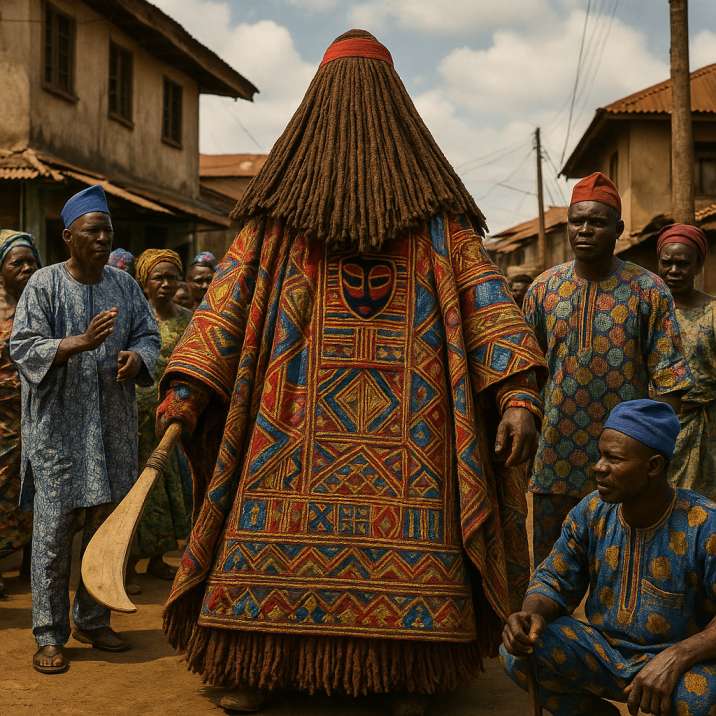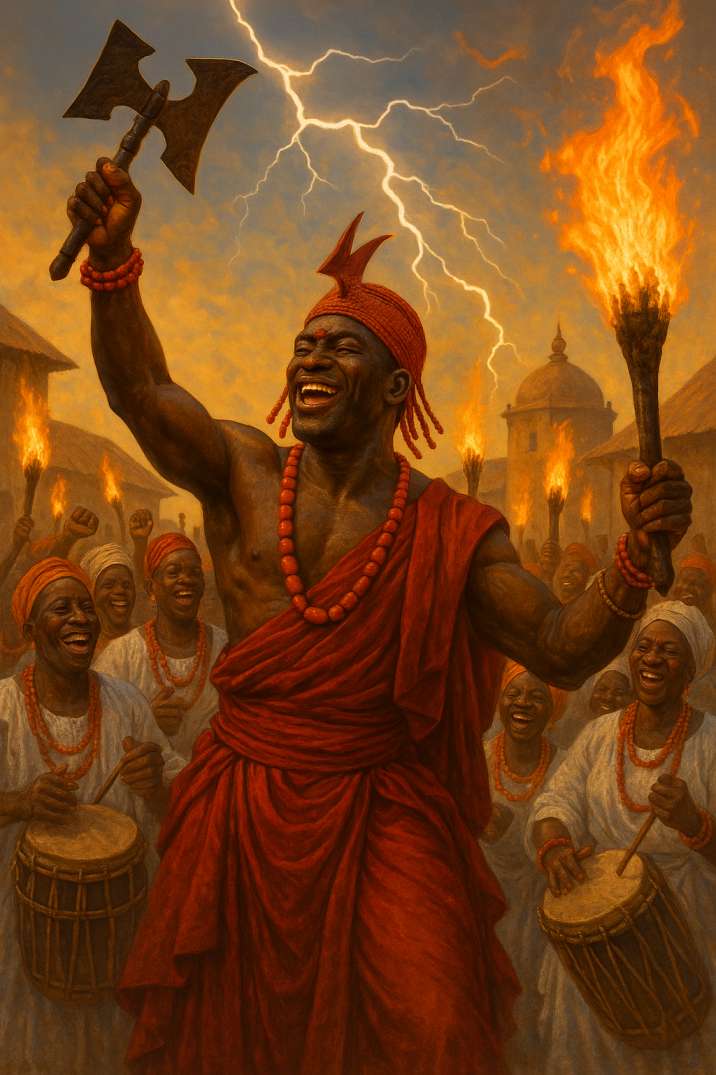The rich heritage and historical transformation of Ovia Osese, the Ogori people’s female initiation festival in Kogi State. Discover its cultural significance, evolution, and relevance in modern African society.
Introduction: A Festival Rooted in Purity and Empowerment
In the heart of Kogi State, Nigeria, lies Ogori—a small but culturally vibrant community where tradition and modernity harmoniously coexist. Each year, the people of Ogori celebrate Ovia Osese, a deeply revered female initiation festival that has transcended generations. Meaning “Festival of the Maiden” in Ogori dialect, Ovia Osese is more than a rite of passage—it’s a celebration of purity, womanhood, and cultural preservation
.But beyond its colorful processions and melodic chants, Ovia Osese tells a profound story of identity, resilience, and the evolution of African customs in a rapidly changing world.
The Origins of Ovia Osese: A Cultural Legacy of Chastity and Transition
.Historically, Ovia Osese was instituted as a public recognition of virgin girls who had reached puberty and remained sexually pure until womanhood. In a society that held chastity as a cornerstone of virtue, this festival marked a girl’s transition into maturity, preparing her for responsibilities as a future wife, mother, and community member.
Elders recall how girls, typically aged between 15 and 20, were selected after strict communal verification processes. Their names were then announced, and the community came together in a week-long festivity filled with traditional music, dance, rituals, and moral instruction.
The Revolutionary Shift: From Traditional Chastity to Holistic Empowerment
As societal values shifted over time, so did Ovia Osese. No longer solely tied to virginity, the festival began to embrace a more holistic view of what it means to become a woman. Today, Ovia Osese not only celebrates physical maturity but also intellectual growth, self-worth, cultural awareness, and personal development.
The modern-day festival includes seminars on reproductive health, leadership, entrepreneurship, and education. NGOs, women’s groups, and even the Nigerian government have, in recent years, shown increased interest in using Ovia Osese as a platform for girl-child advocacy and cultural tourism.
This evolution has made the festival more inclusive and relevant, particularly in combating early marriage, promoting girls’ education, and reclaiming indigenous pride.
Symbolism, Attire, and Rituals: A Visual Spectacle of Culture
The Ovia Osese festival is a rich display of Ogori aesthetics. Adorned in white lace wrappers, beads, and traditional body art, the maidens walk proudly through the streets in a public procession. Each element—from the waist beads to the song lyrics—carries deep symbolism, affirming their identity as young women who have been nurtured by their community.
Rituals such as the washing of the feet and blessing by elders serve as both spiritual and social affirmations, drawing a clear line between childhood and adulthood.
Cultural Tourism and Economic Potential
With its captivating blend of tradition, education, and celebration, Ovia Osese has the potential to become a major cultural tourism event in Nigeria. Its uniqueness draws researchers, tourists, and cultural enthusiasts from across the country and beyond. For Kogi State, particularly Ogori-Magongo LGA, this festival could open doors to local job creation, tourism development, and international cultural exchanges.
Challenges and Controversies
Despite its beauty, Ovia Osese is not without criticism. Some argue that its origins in chastity promotion could stigmatize non-participants or perpetuate outdated gender norms. However, with its modern reforms and inclusive outlook, the festival continues to redefine itself—balancing cultural pride with gender sensitivity.
Conclusion: A Festival Evolving, Yet Rooted
In a time where African traditions are often under threat of erasure, Ovia Osese stands as a proud testament to cultural endurance and adaptability. It is a living history that teaches us that tradition need not be stagnant. By evolving its practices while maintaining its core values, the Ogori people have transformed Ovia Osese into a dynamic festival of empowerment, pride, and unity.
As Africa continues to reclaim its narratives, festivals like Ovia Osese remind us of who we are—and who we can become.
Written By : ESTHER AJAYI




An interesting read, the festival really has a lot of economic potential. It will be interesting to see how it evolves in the coming years.
I’m wondering how it “perpetuate outdated gender norms” though.